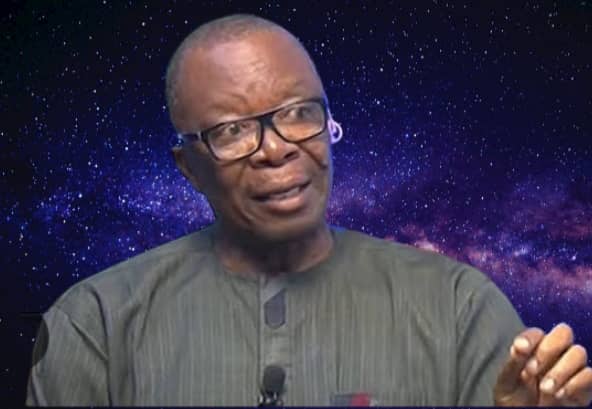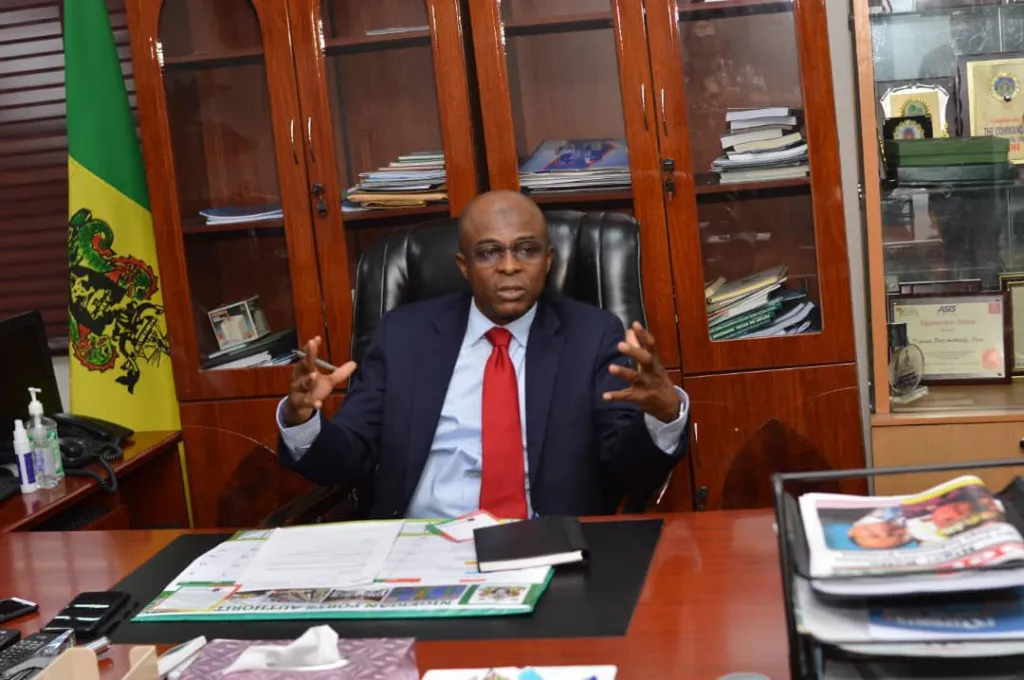ABUJA, Nigeria (CHATNEWSTV) — The National President of the Academic Staff Union of Universities (ASUU), Emmanuel Osodeke, has cautioned the federal government against increasing the Value Added Tax (VAT) as proposed in the contentious tax reform bills, warning it would exacerbate economic hardships for Nigerians.
Speaking during an interview on Channels TV, Osodeke criticized both the federal government and the National Assembly for endorsing the bills without consulting key stakeholders. He argued that the proposed VAT hike, slated for 2025 and subsequent years, would disproportionately burden ordinary Nigerians already grappling with the fallout from fuel subsidy removal and currency devaluation.
“VAT is a tax on consumers, which is Nigerians,” Osodeke said.
“If you increase the VAT today, it’s not affecting producers; it’s going to affect those who are going to consume because what the producer will do is drop it on the cost of sale.”
Osodeke also voiced strong opposition to plans to phase out the Tertiary Education Trust Fund (TETFund) in favor of the newly proposed Nigerian Education Loan Fund (NELFUND). He warned that dismantling TETFund, which has supported public universities for over 30 years, would severely harm Nigeria’s tertiary education system.
“TETFund has been instrumental in transforming tertiary education across Nigeria,” Osodeke said. “Scrapping it would devastate public universities and deny access to education for children from low-income families.”
The ASUU president urged the government to explore alternative funding for NELFUND, suggesting that a portion of VAT revenue could be allocated to the program rather than dismantling TETFund’s existing corporate tax revenue framework.
“We are not opposed to NELFUND,” he explained.
“But the government must find a new source of funding without dismantling the existing framework that has sustained our universities.”
Osodeke emphasized the need for broader consultations on the tax reform bills, urging the government to prioritize policies that protect vulnerable Nigerians.
“What we’re supposed to look at in this bill is how it is going to affect ordinary Nigerians,” he said.
“The government cannot unilaterally decide to dismantle structures like TETFund without engaging those who understand its importance.”
 Donate
Donate



